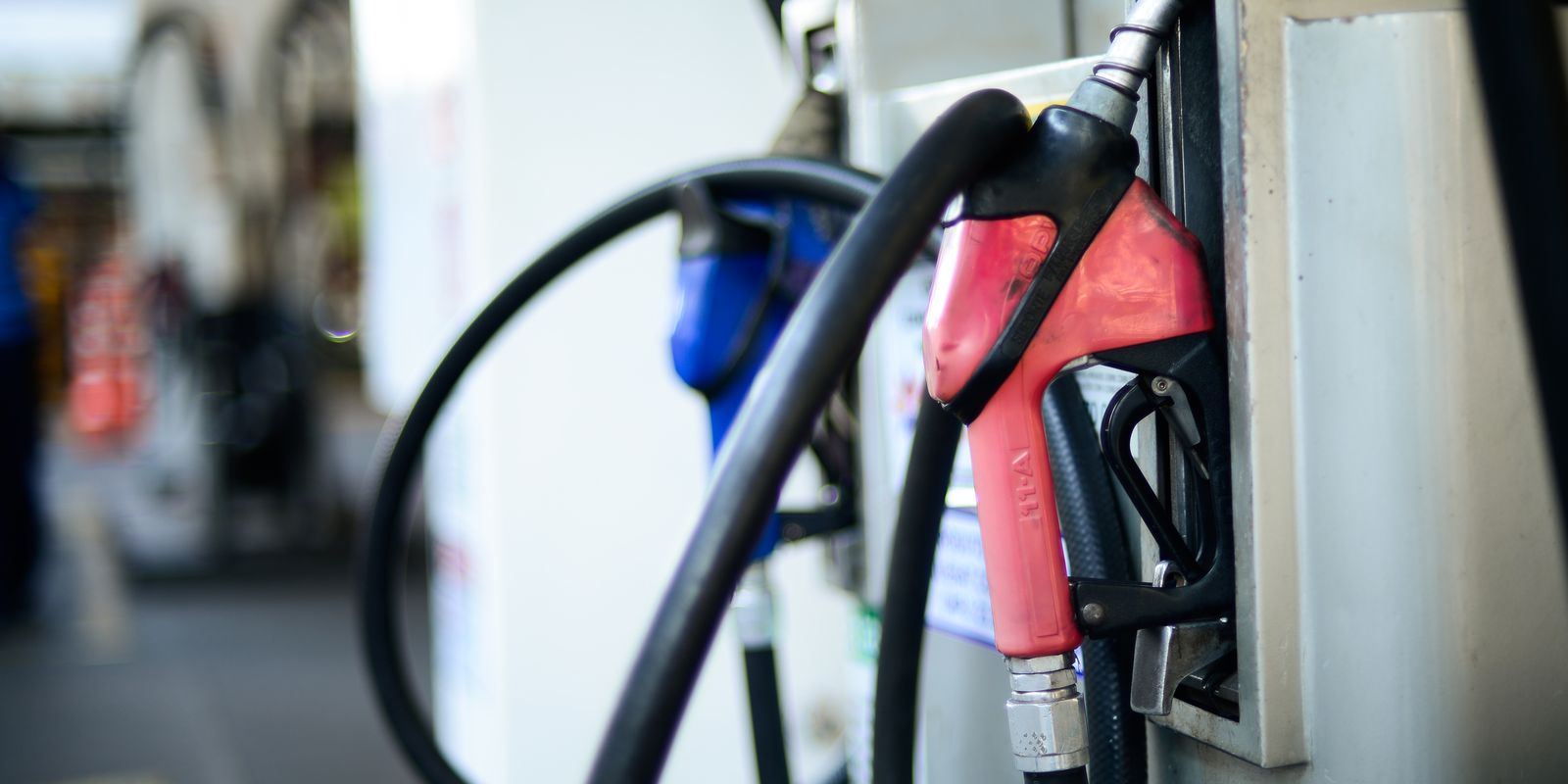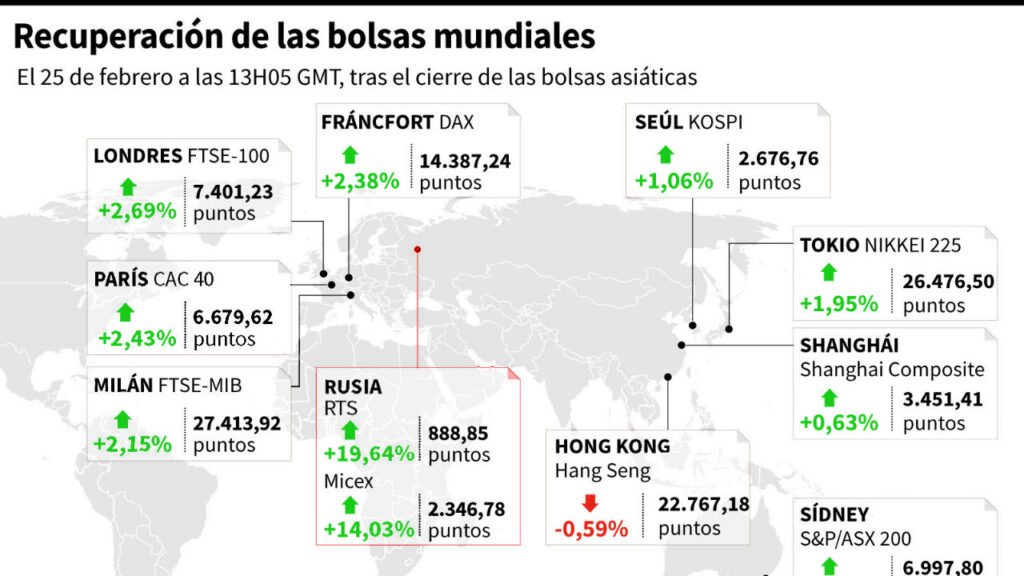The government may study the creation of a direct subsidy for diesel if the war between Russia and Ukraine continues, Economy Minister Paulo Guedes said today (10th). Accompanied by the Minister of Mines and Energy, Bento Albuquerque, Guedes said that the tax cut passed today by the Senate will help to insure the brunt of the war between Russia and Ukraine at this time.
“We will move according to the situation. If that [a guerra entre Rússia e Ucrânia] if it resolves in 30 or 60 days, the crisis will be more or less addressed. Now, this is going to precipitate and turn into an escalation. Then you start thinking about subsidies for diesel”, said Guedes, after a meeting with the Minister of Mines and Energy, Bento Albuquerque, which was off the agenda.
In the minister’s assessment, the approval of the complementary bill that cuts taxes on fuel is enough to mitigate the impact of the conflict on bombs. “For now, the idea is this. The first shock was absorbed. Now let’s observe and move according to the situation,” he commented.
Petrobras
Both Guedes and the Minister of Mines and Energy denied any intention to change Petrobras’ pricing policy, which today announced an increase of 18.77% for gasoline, 16% for cooking gas and 24% for diesel in refineries. “The readjustment that took place today at Petrobras is a procedure carried out by the company itself. Since the Petroleum Law, the market is free. That’s what happened today”, justified Bento Albuquerque.
bills
Today, the Senate approved a complementary bill that will eliminate, by the end of the year, the Social Integration Program (PIS) and the Contribution to Social Security Financing (Cofins) on diesel, cooking gas and kerosene. of aviation. The text also changes the way in which the Tax on the Circulation of Goods and Services (ICMS) is charged on gasoline, ethanol, diesel, biodiesel, cooking gas and aviation kerosene.
The senators also approved a bill that creates a fund to compensate for extreme increases in fuel prices, made up of Petrobras dividends to the Union, excess revenue and other government financial assets. Guedes said that the use of this mechanism, for the time being, is not in the government’s plans.
A third mechanism to stop the rise in fuel prices would be the creation of a direct subsidy paid by the National Treasury to refineries, with resources from the Budget. The measure has a double impact on public accounts because it increases the primary deficit (the negative result of government accounts without interest on the public debt) and, depending on the volume to be spent, would compromise the federal spending ceiling. This tool was used in 2018, after the truckers’ strike.
















